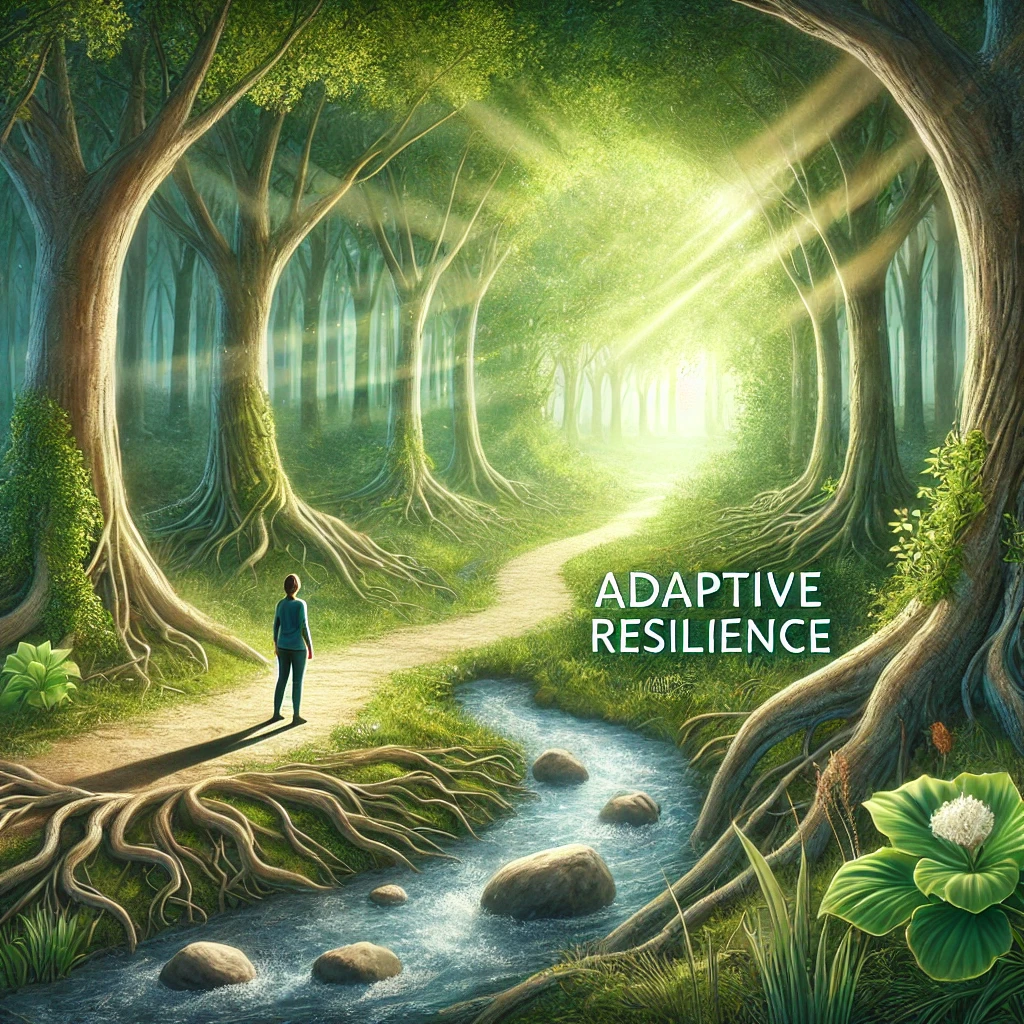Introduction
Life is full of challenges, both big and small. How you approach these challenges depends largely on your mindset. Some people see obstacles as insurmountable, while others view them as opportunities for growth and learning. However, true resilience goes beyond simply enduring adversity—it involves making deliberate mindset shifts while knowing when to adapt, seek support, or take a break. By cultivating both personal empowerment and adaptive resilience, you can transform challenges into fuel for personal and professional growth.
The Role of Adaptive Resilience in Overcoming Obstacles
Resilience plays a crucial role in how we navigate challenges, but it’s not just about pushing forward. Adaptive resilience is about staying grounded during tough times while also recognizing when to adjust your approach. Instead of asking, “What went wrong?” individuals with adaptive resilience ask, “What can I learn from this, and how can I adapt?” This mindset shift emphasizes flexibility, self-compassion, and the importance of support systems, reframing challenges as opportunities for learning and growth.
From Disempowered to Empowered: A Key Mindset Shift
When faced with difficulties, it’s easy to fall into a disempowered mindset, where everything feels out of your control. A key shift toward an empowered mindset involves reclaiming your agency and accepting that while you may not control the challenge, you can control your response. By shifting from “Why is this happening to me?” to “What can I do about this?” you take ownership of your actions. However, this also means recognizing when to seek help or make adjustments to avoid burnout.
Stories of Mindset Shifts in Action
Many successful individuals have faced significant challenges but used adaptive resilience to turn setbacks into success:
- Oprah Winfrey: Overcame a difficult childhood by staying resilient and knowing when to lean on others and learn from setbacks.
- Thomas Edison: Viewed thousands of failed attempts to invent the lightbulb not as failures, but as steps toward eventual success. His ability to adapt each time led to breakthrough innovation.
Tools for Strengthening Your Adaptive Resilience
Resilience is a skill you can develop through intentional practices that balance persistence with flexibility:
- Mindfulness and meditation: These practices help you stay present, reduce emotional reactivity, and know when to adapt your approach.
- Journaling: Writing down your thoughts helps you process emotions and gain new perspectives, promoting flexibility in how you approach challenges.
- Seeking support: Building a strong support network is key to resilience. Leaning on friends, mentors, or therapists can help you adapt and stay grounded.
Conclusion
Overcoming challenges is less about the obstacles themselves and more about how you approach them. By shifting from a disempowered mindset to an empowered one and practicing adaptive resilience, you can turn difficulties into opportunities for growth, learning, and long-term success. Remember, true resilience involves both perseverance and adaptability.
Journal prompts
- When I encounter obstacles, what is my typical reaction? How could I shift my focus from ‘What went wrong?’ to ‘What can I learn from this?’
- Reflect on a time when I felt disempowered by a situation. How might shifting my focus to ‘What can I do about this?’ have changed my response?
- How often do I ask for help when I need it? How might reaching out for support enhance my resilience and help me face challenges more effectively?
- What practices, like mindfulness or journaling, help me stay grounded during challenges? How could I make these a regular part of my life?
See also this article from Psychology Today 7 Strategies to Face Life’s Challenges
Also our earlier article: How to Unlock your Potential with a Growth Mindset

